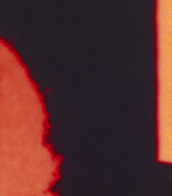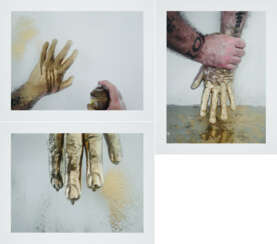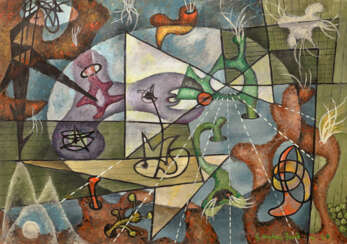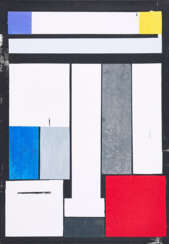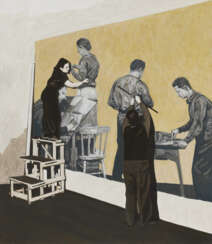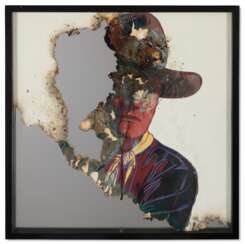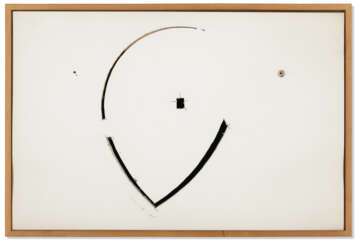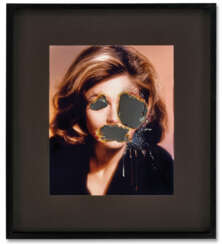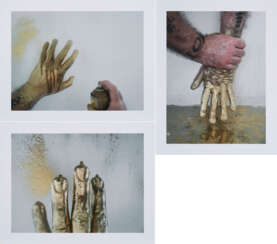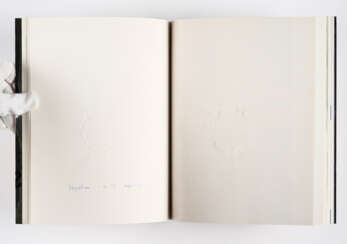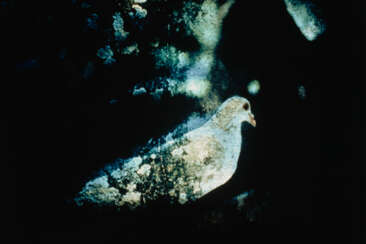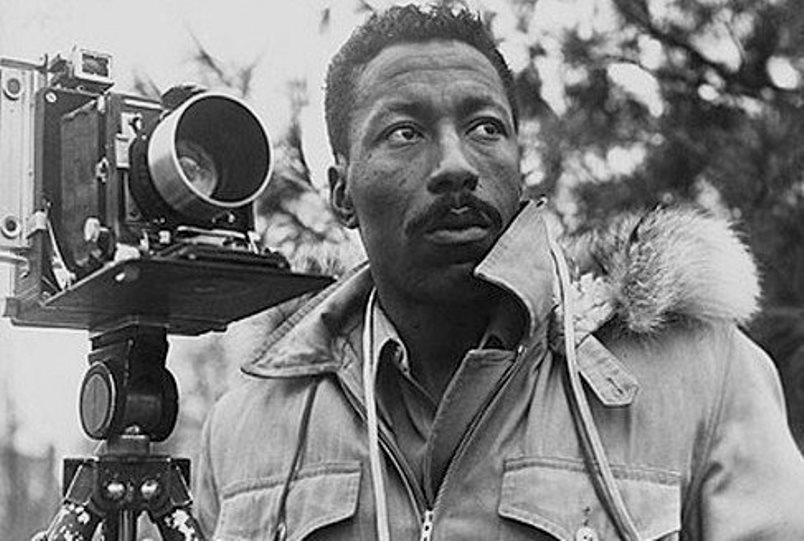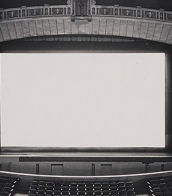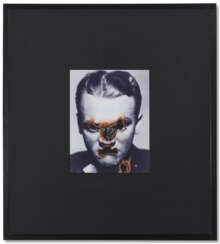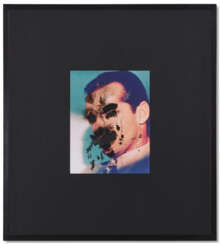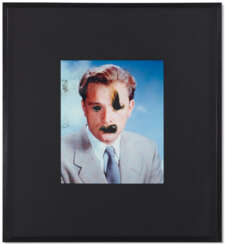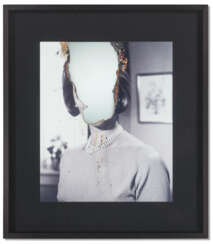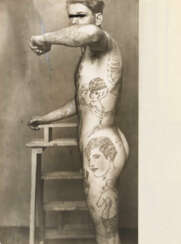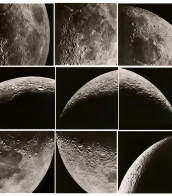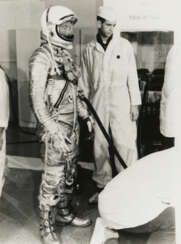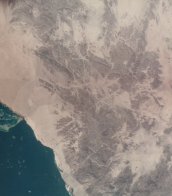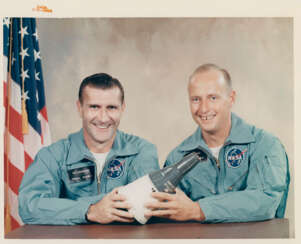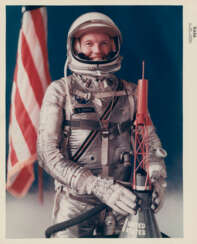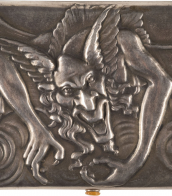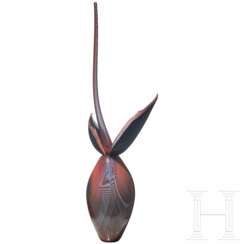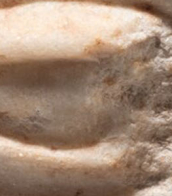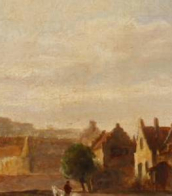gordon
Douglas Gordon is a Scottish artist. He won the Turner Prize in 1996, the Premio 2000 at the 47th Venice Biennale in 1997 and the Hugo Boss Prize in 1998. He lives and works in Berlin, Germany.
Much of Gordon's work is seen as being about memory and uses repetition in various forms. He uses material from the public realm and also creates performance-based videos. His work often overturns traditional uses of video by playing with time elements and employing multiple monitors.

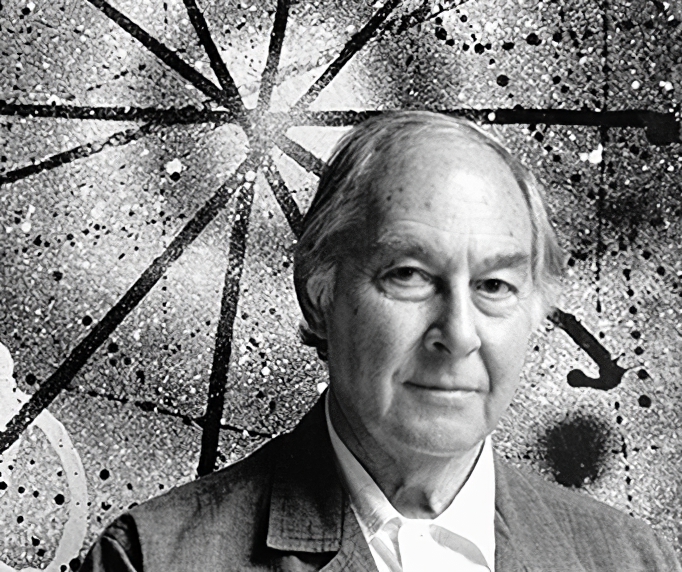
Gordon Onslow Ford was a painter, watercolourist and draughtsman.
At the time of his death at his home, he was among the last of the Parisian Surrealist group, which he joined in 1938. While still in Paris before the Second World War, Onslow Ford developed a technique called coulage, anticipating the method made famous by Jackson Pollock. By letting enamel paint flow freely onto a canvas, he took advantage of the effects of chance so admired by the Surrealists in their quest for automatic processes that could tap into the unconscious. Sometimes he superimposed lines and geometric shapes on fluid, indeterminate forms to bring order and stability to the canvas. In the same years, he also produced landscapes full of biomorphic forms. Finely crafted paintings of this type, often incorporating cryptic symbols, continued to evolve for some time thereafter. In California, he continued his quest to represent an inner world in harmony with nature by imagining ineffable ethers supporting abstract forms and floating points of light.

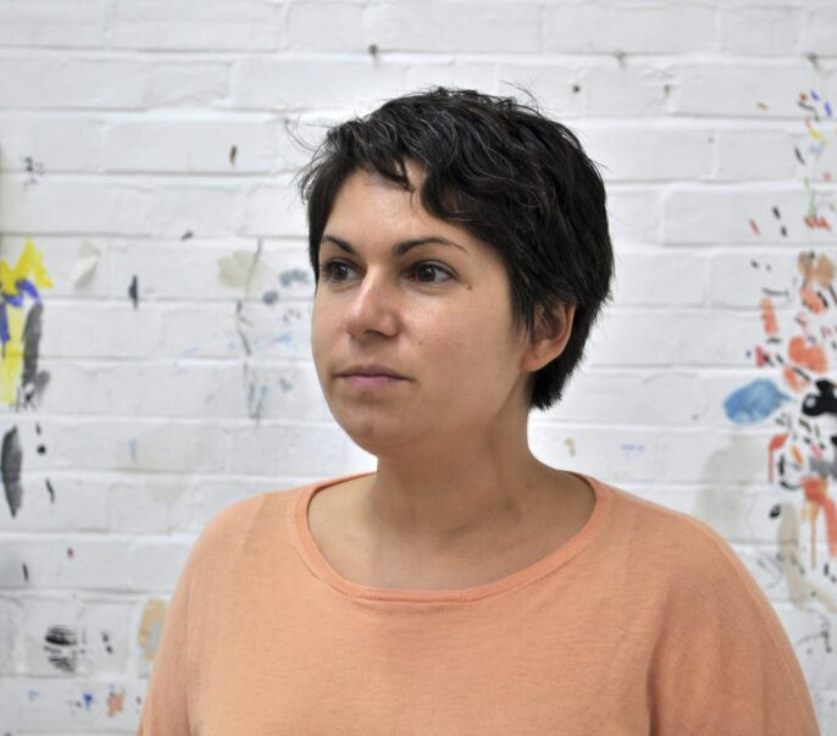
Melissa Gordon is an American installation artist living and working in Brussels.
She creates large-scale paintings, sculptural installations and prints focusing on the body, consumption, gender and feminism.
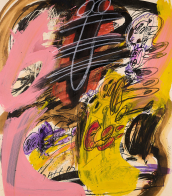

Melissa Gordon is an American installation artist living and working in Brussels.
She creates large-scale paintings, sculptural installations and prints focusing on the body, consumption, gender and feminism.


Melissa Gordon is an American installation artist living and working in Brussels.
She creates large-scale paintings, sculptural installations and prints focusing on the body, consumption, gender and feminism.
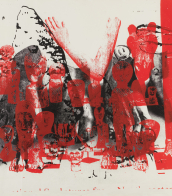

Melissa Gordon is an American installation artist living and working in Brussels.
She creates large-scale paintings, sculptural installations and prints focusing on the body, consumption, gender and feminism.


Melissa Gordon is an American installation artist living and working in Brussels.
She creates large-scale paintings, sculptural installations and prints focusing on the body, consumption, gender and feminism.

Douglas Gordon is a Scottish artist. He won the Turner Prize in 1996, the Premio 2000 at the 47th Venice Biennale in 1997 and the Hugo Boss Prize in 1998. He lives and works in Berlin, Germany.
Much of Gordon's work is seen as being about memory and uses repetition in various forms. He uses material from the public realm and also creates performance-based videos. His work often overturns traditional uses of video by playing with time elements and employing multiple monitors.
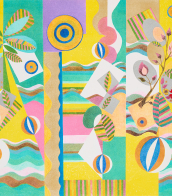
Douglas Gordon is a Scottish artist. He won the Turner Prize in 1996, the Premio 2000 at the 47th Venice Biennale in 1997 and the Hugo Boss Prize in 1998. He lives and works in Berlin, Germany.
Much of Gordon's work is seen as being about memory and uses repetition in various forms. He uses material from the public realm and also creates performance-based videos. His work often overturns traditional uses of video by playing with time elements and employing multiple monitors.
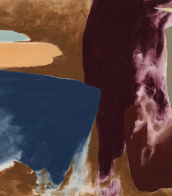
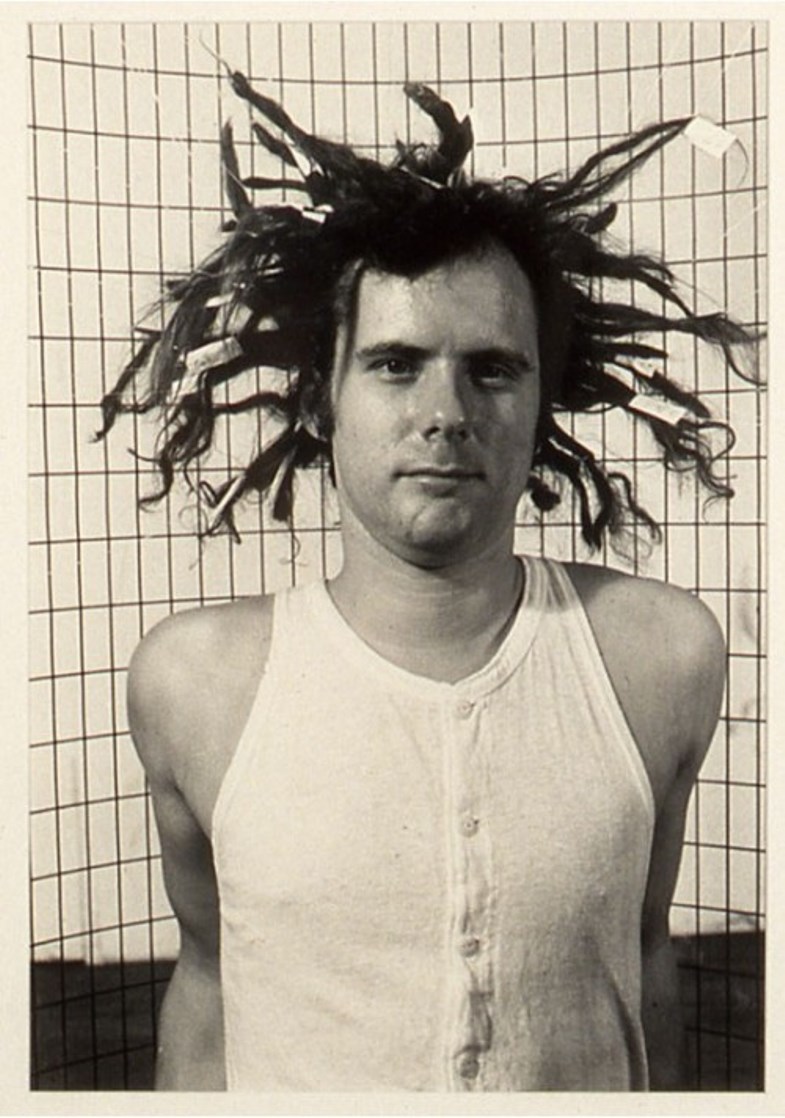
Gordon Matta-Clark is an American photographic artist known for his subject-oriented art.
He studied architecture at Cornell University and literature at the Sorbonne in Paris.
Gordon Matta-Clark has used various media in his work, including film, video and photography.
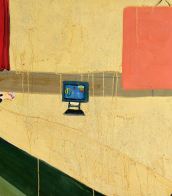
Douglas Gordon is a Scottish artist. He won the Turner Prize in 1996, the Premio 2000 at the 47th Venice Biennale in 1997 and the Hugo Boss Prize in 1998. He lives and works in Berlin, Germany.
Much of Gordon's work is seen as being about memory and uses repetition in various forms. He uses material from the public realm and also creates performance-based videos. His work often overturns traditional uses of video by playing with time elements and employing multiple monitors.

Douglas Gordon is a Scottish artist. He won the Turner Prize in 1996, the Premio 2000 at the 47th Venice Biennale in 1997 and the Hugo Boss Prize in 1998. He lives and works in Berlin, Germany.
Much of Gordon's work is seen as being about memory and uses repetition in various forms. He uses material from the public realm and also creates performance-based videos. His work often overturns traditional uses of video by playing with time elements and employing multiple monitors.
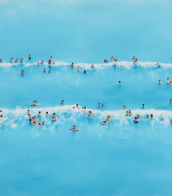

Gordon Matta-Clark is an American photographic artist known for his subject-oriented art.
He studied architecture at Cornell University and literature at the Sorbonne in Paris.
Gordon Matta-Clark has used various media in his work, including film, video and photography.
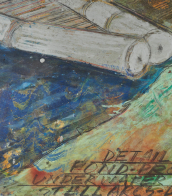
Douglas Gordon is a Scottish artist. He won the Turner Prize in 1996, the Premio 2000 at the 47th Venice Biennale in 1997 and the Hugo Boss Prize in 1998. He lives and works in Berlin, Germany.
Much of Gordon's work is seen as being about memory and uses repetition in various forms. He uses material from the public realm and also creates performance-based videos. His work often overturns traditional uses of video by playing with time elements and employing multiple monitors.
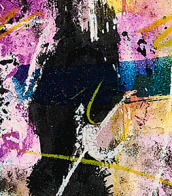
Douglas Gordon is a Scottish artist. He won the Turner Prize in 1996, the Premio 2000 at the 47th Venice Biennale in 1997 and the Hugo Boss Prize in 1998. He lives and works in Berlin, Germany.
Much of Gordon's work is seen as being about memory and uses repetition in various forms. He uses material from the public realm and also creates performance-based videos. His work often overturns traditional uses of video by playing with time elements and employing multiple monitors.
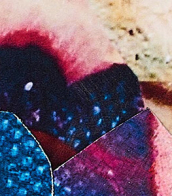

Gordon Matta-Clark is an American photographic artist known for his subject-oriented art.
He studied architecture at Cornell University and literature at the Sorbonne in Paris.
Gordon Matta-Clark has used various media in his work, including film, video and photography.
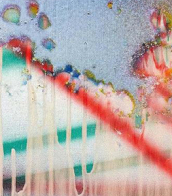
Douglas Gordon is a Scottish artist. He won the Turner Prize in 1996, the Premio 2000 at the 47th Venice Biennale in 1997 and the Hugo Boss Prize in 1998. He lives and works in Berlin, Germany.
Much of Gordon's work is seen as being about memory and uses repetition in various forms. He uses material from the public realm and also creates performance-based videos. His work often overturns traditional uses of video by playing with time elements and employing multiple monitors.
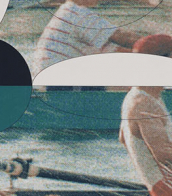
Douglas Gordon is a Scottish artist. He won the Turner Prize in 1996, the Premio 2000 at the 47th Venice Biennale in 1997 and the Hugo Boss Prize in 1998. He lives and works in Berlin, Germany.
Much of Gordon's work is seen as being about memory and uses repetition in various forms. He uses material from the public realm and also creates performance-based videos. His work often overturns traditional uses of video by playing with time elements and employing multiple monitors.

Douglas Gordon is a Scottish artist. He won the Turner Prize in 1996, the Premio 2000 at the 47th Venice Biennale in 1997 and the Hugo Boss Prize in 1998. He lives and works in Berlin, Germany.
Much of Gordon's work is seen as being about memory and uses repetition in various forms. He uses material from the public realm and also creates performance-based videos. His work often overturns traditional uses of video by playing with time elements and employing multiple monitors.

Douglas Gordon is a Scottish artist. He won the Turner Prize in 1996, the Premio 2000 at the 47th Venice Biennale in 1997 and the Hugo Boss Prize in 1998. He lives and works in Berlin, Germany.
Much of Gordon's work is seen as being about memory and uses repetition in various forms. He uses material from the public realm and also creates performance-based videos. His work often overturns traditional uses of video by playing with time elements and employing multiple monitors.
